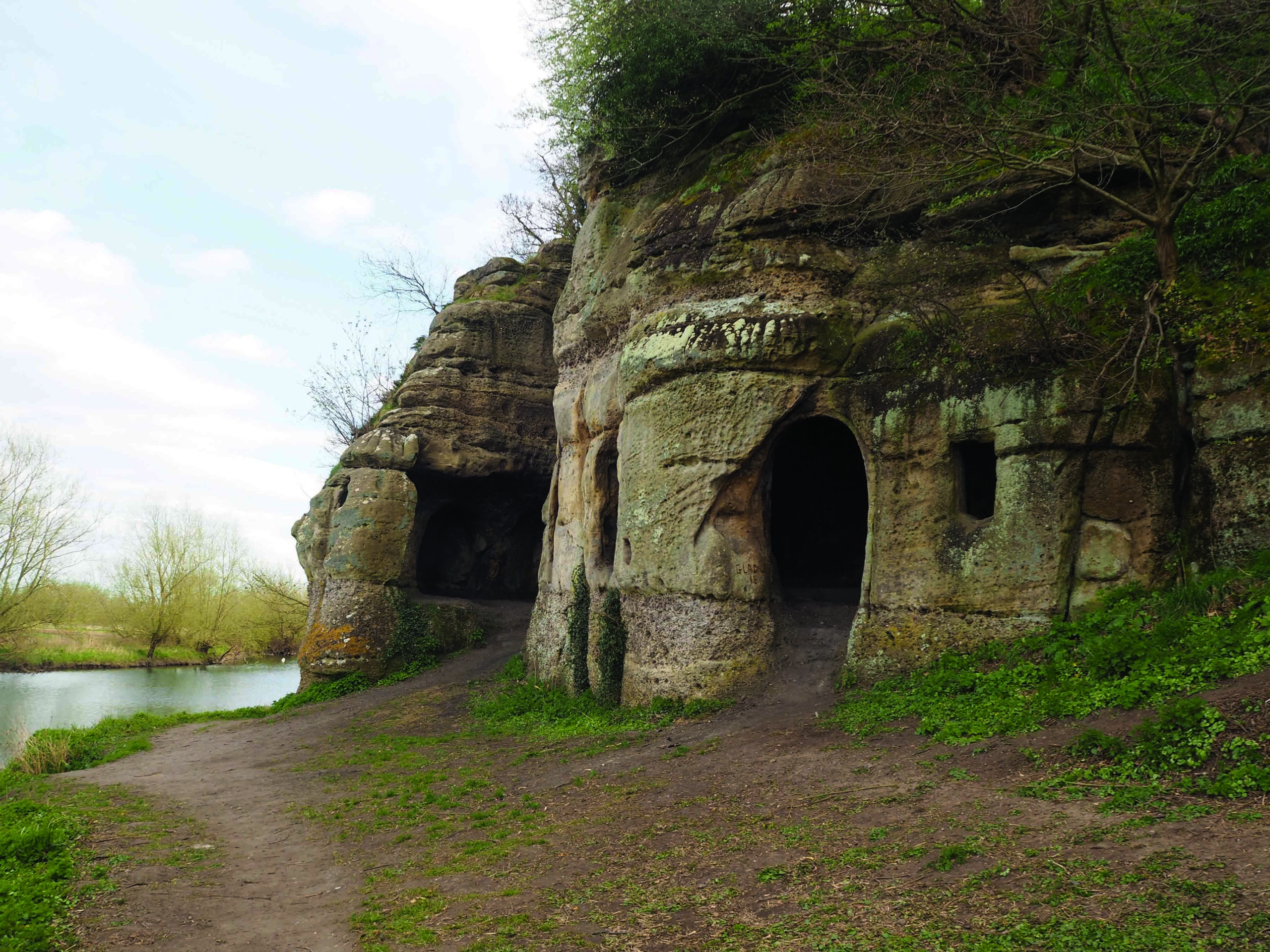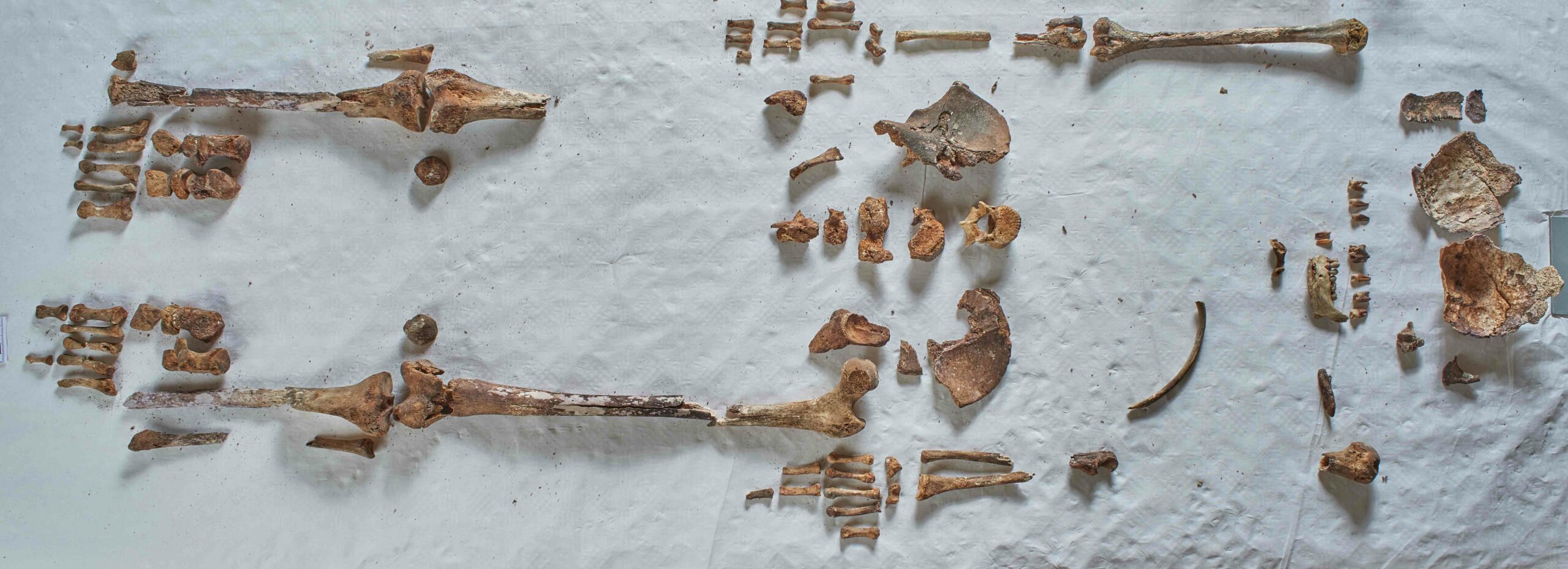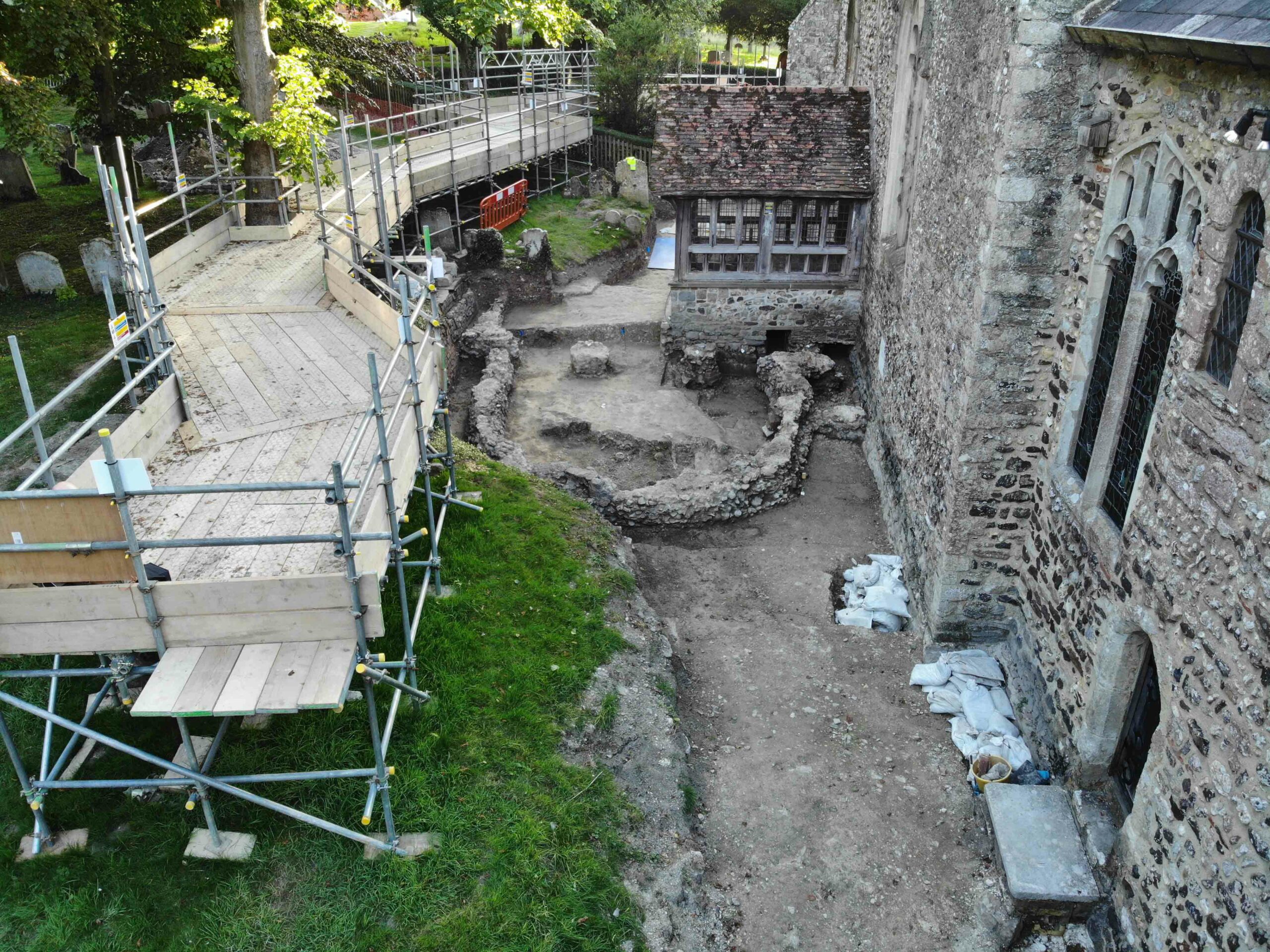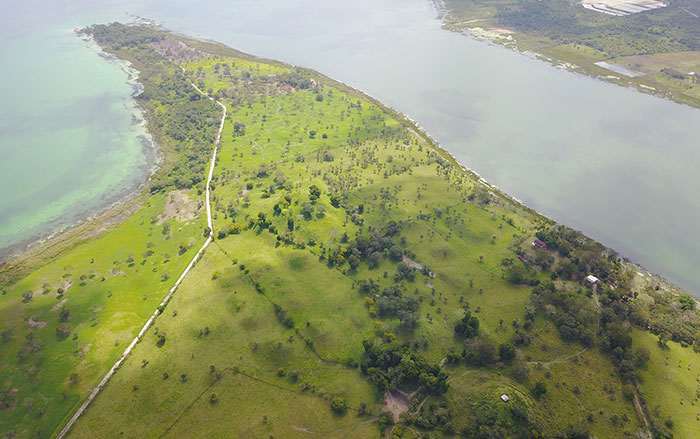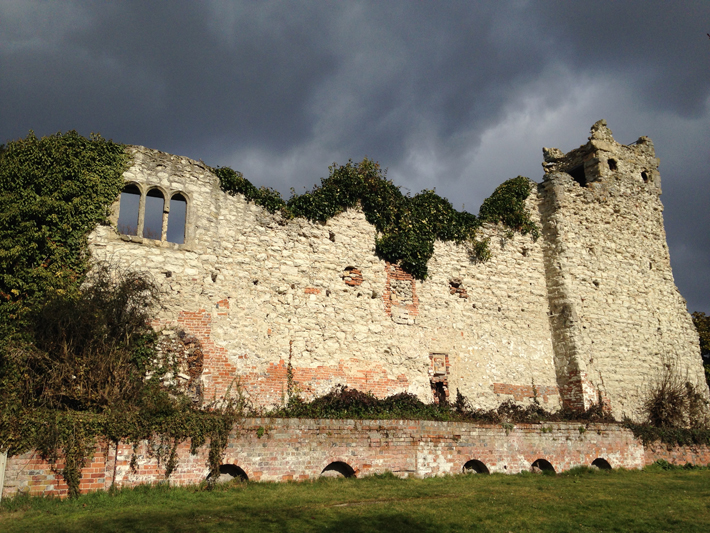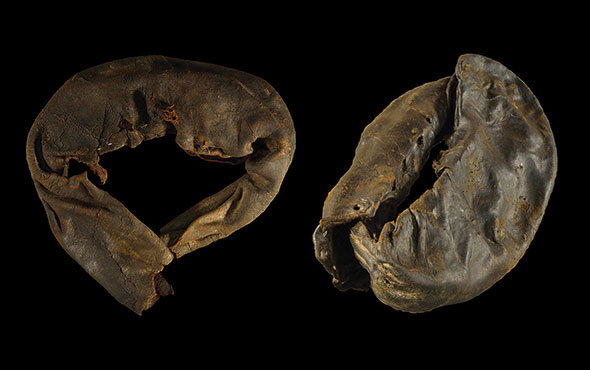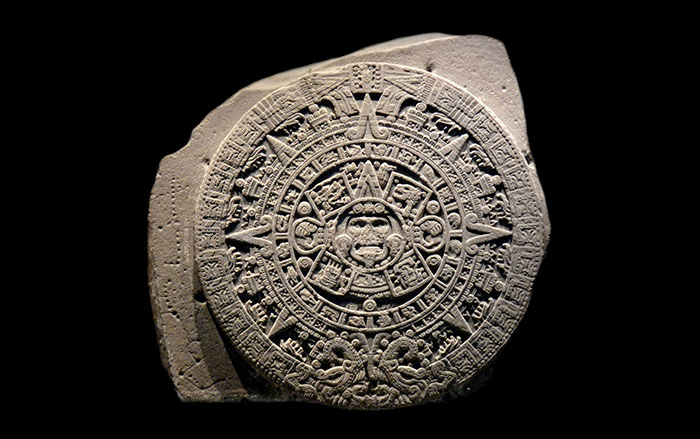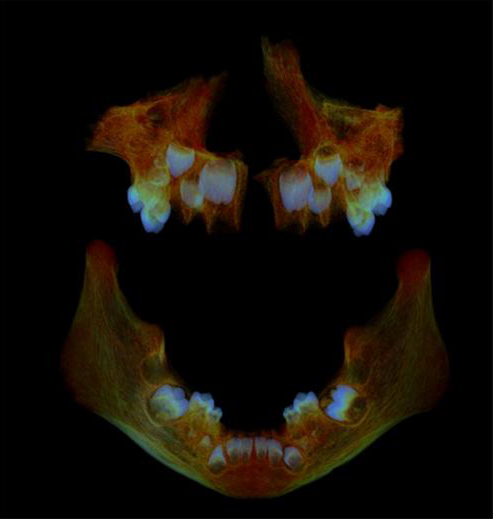
BRADFORD, ENGLAND—UPI reports that scientists led by Julia Beaumont of the University of Bradford analyzed the baby teeth of more than 1,000 Anglo-Saxon children who lived in the Raunds Furnells settlement, a tenth-century site in England’s East Midlands, to see whether evidence of malnourishment could be detected in the remains. They then compared the teeth of children who survived from conception to at least 1,000 days after with those who did not. The researchers found that nutritional stress slowed bone growth, but the dentine in teeth continued to grow, thus providing a more comprehensive understanding of the child’s diet and health status. Teeth will record high levels of nitrogen, indicating the child was starving, even when bone growth has stopped, Beaumont said. The study could help scientists evaluate risk factors affecting the health of living children, she added. For more on Anglo-Saxon England, go to “The Kings of Kent.”


